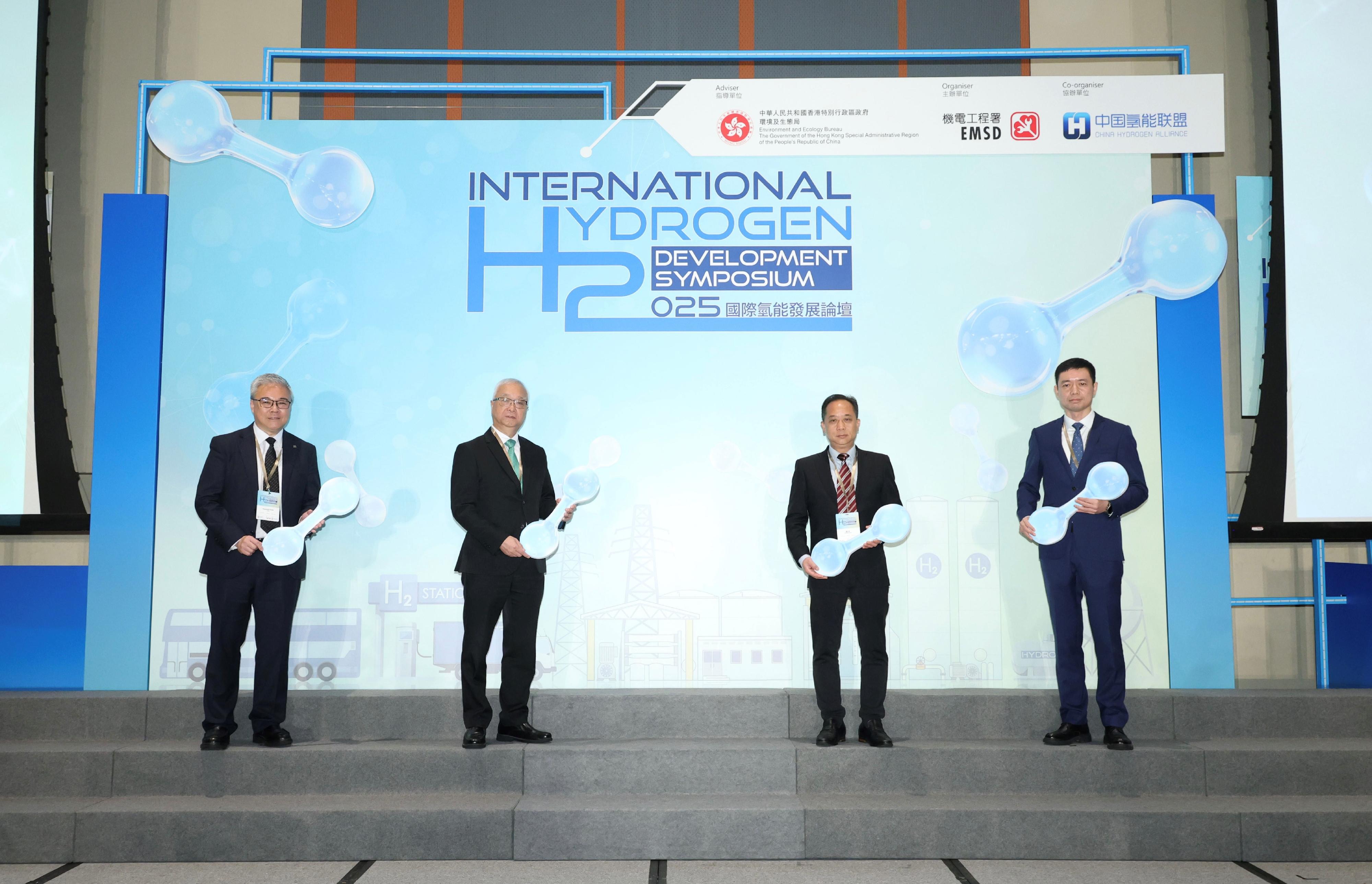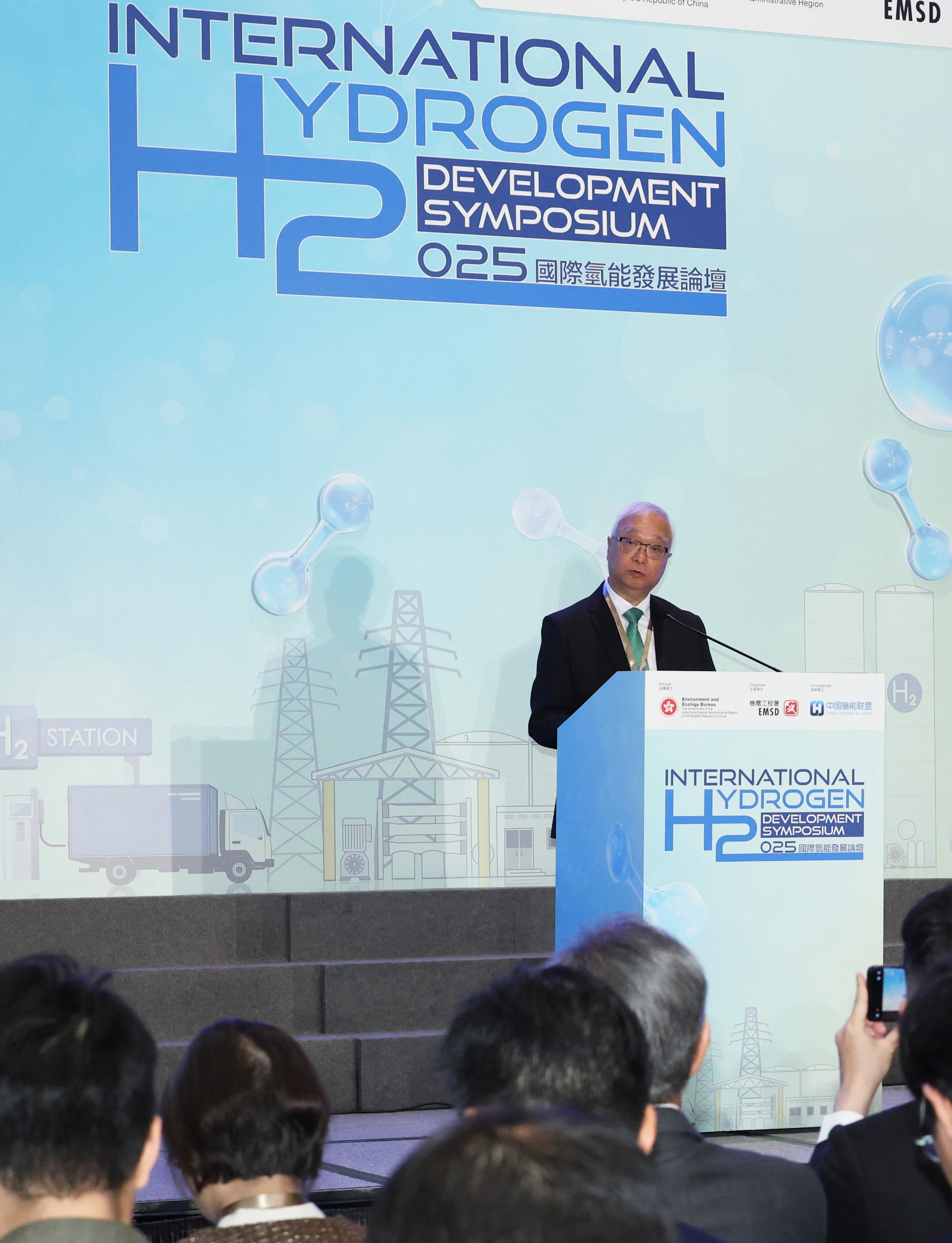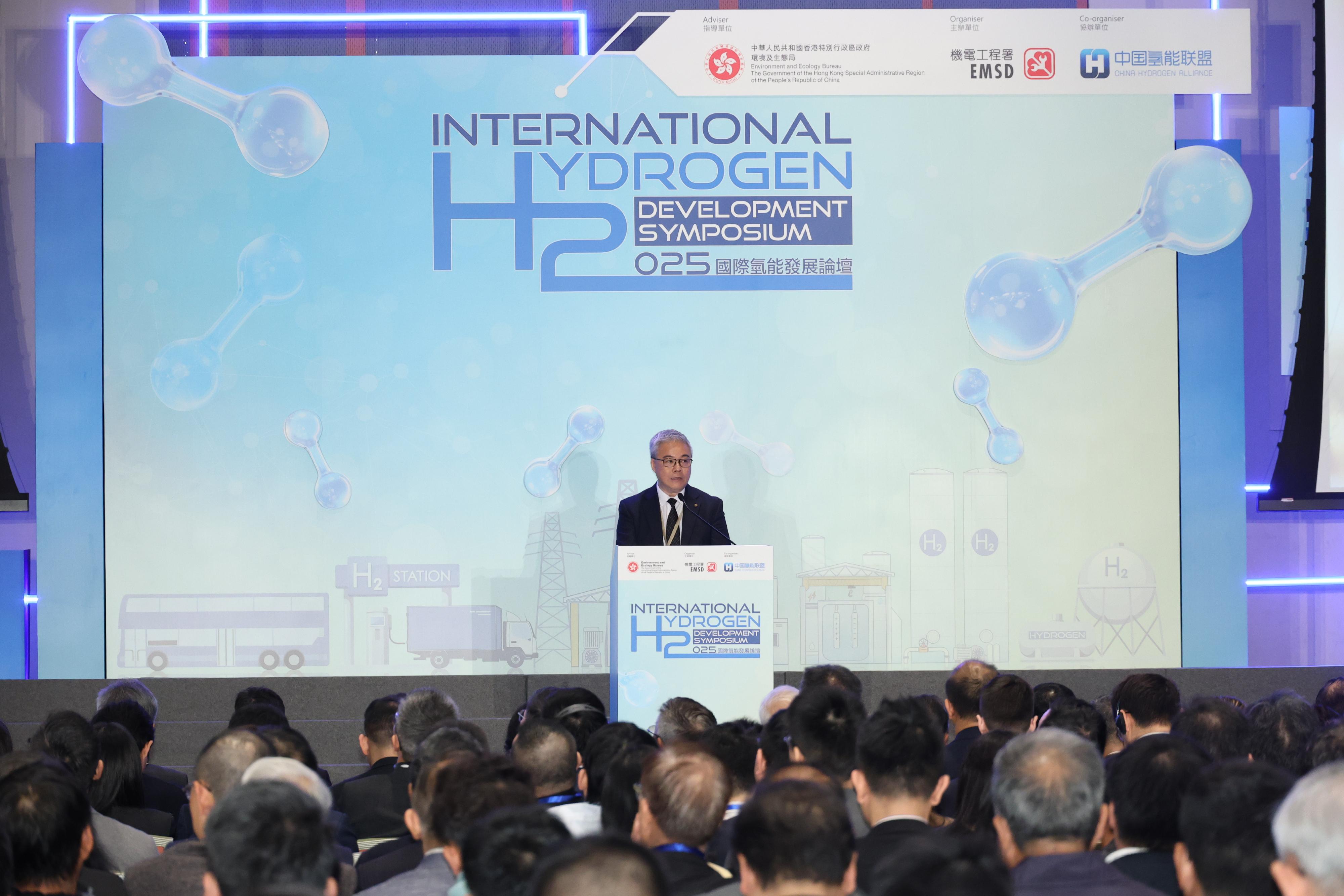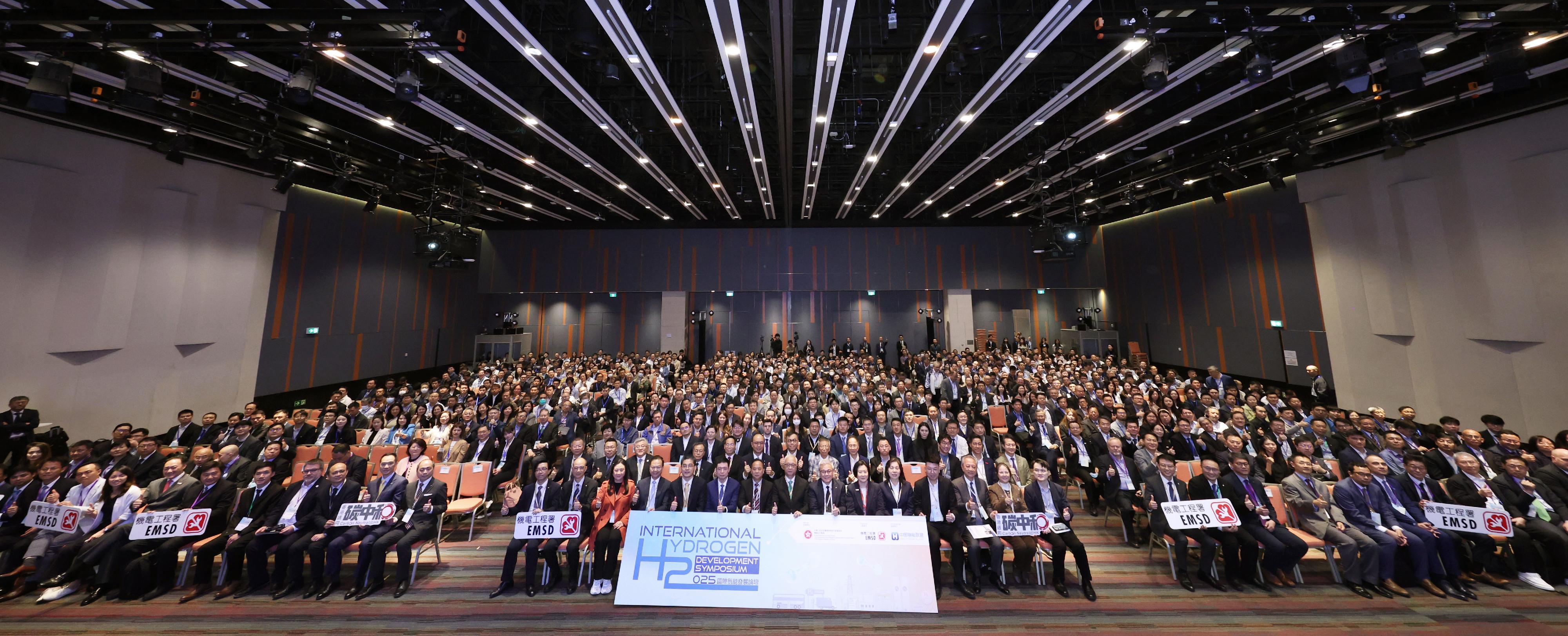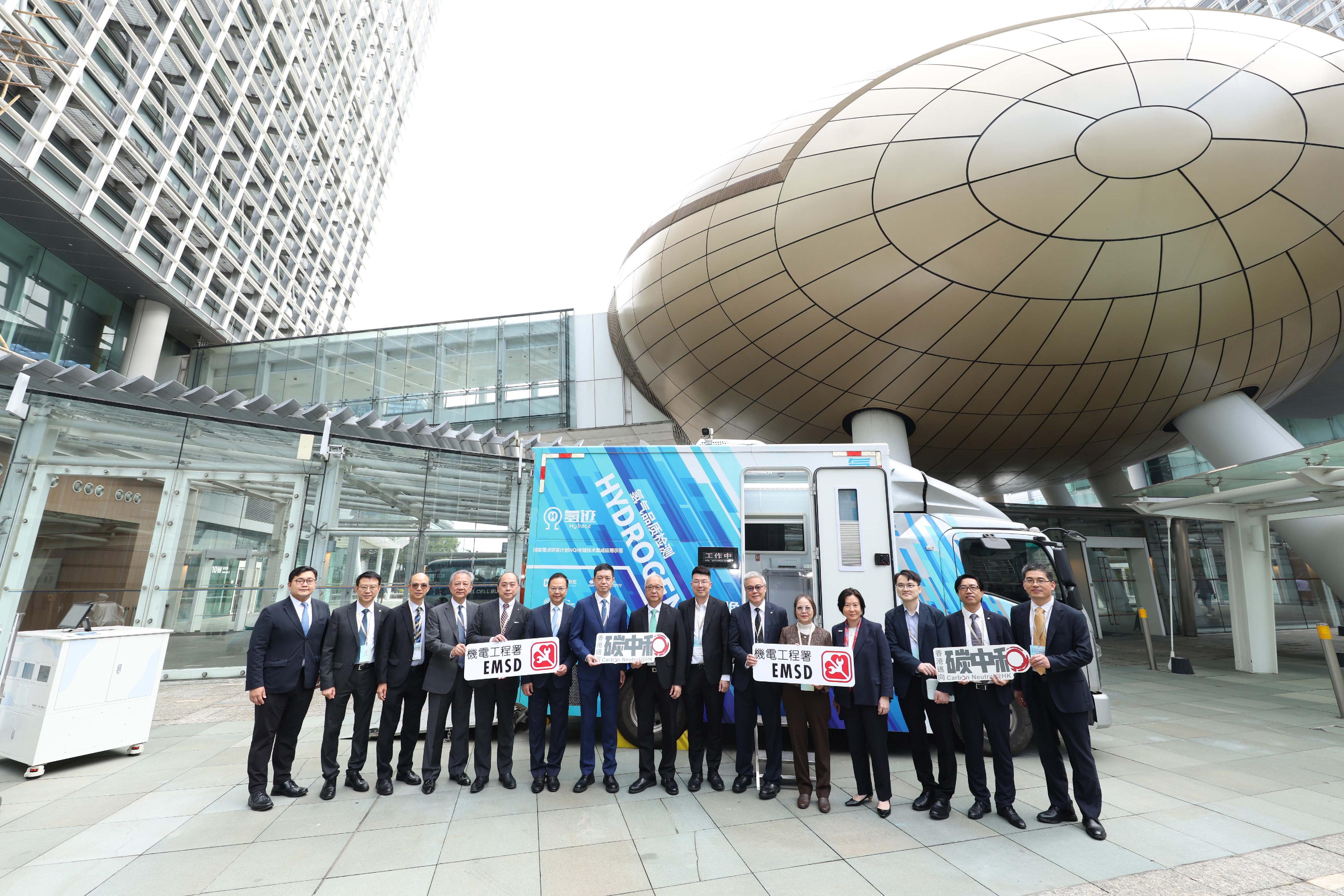FEHD orders restaurant in Yuen Long to suspend business for 21 days
The Director of Food and Environmental Hygiene has ordered a general restaurant in Yuen Long to suspend business for 21 days, as the licensee repeatedly breached the Food Business Regulation (FBR) by storing equipment and utensils in open space, extending the business area illegally and failing to store open food properly.
The restaurant, located at Shop 6 on the ground floor of Wan Hing Building on 65 Kin Yip Street, was ordered to suspend business from today (March 13) to April 2.
"Four convictions for the above-mentioned breaches were recorded against the restaurant licensee between October 2020 and November last year. A total fine of $11,650 was levied by the court, and 30 demerit points were registered against the licensee under the department's demerit points system. The contraventions resulted in a 14-day and a seven-day business suspension to be executed consecutively," a spokesman for the Food and Environmental Hygiene Department (FEHD) said.
The licensee concerned had a record of two convictions for storing equipment and utensils in open space and illegal extension of the business area in September 2019 and October 2020. A total fine of $1,600 was levied, and 15 demerit points were also registered, leading to a seven-day licence suspension during December 2020 and January 2021.
The spokesman reminded licensees of food premises to comply with the FBR, or their licences could be suspended or cancelled.
Licensed food premises are required to exhibit their licence and a sign at a conspicuous place of the premises, indicating that the premises have been licensed. A list of licensed food premises is available on the FEHD website (www.fehd.gov.hk/english/licensing/licence-foodPremises-search.html).
